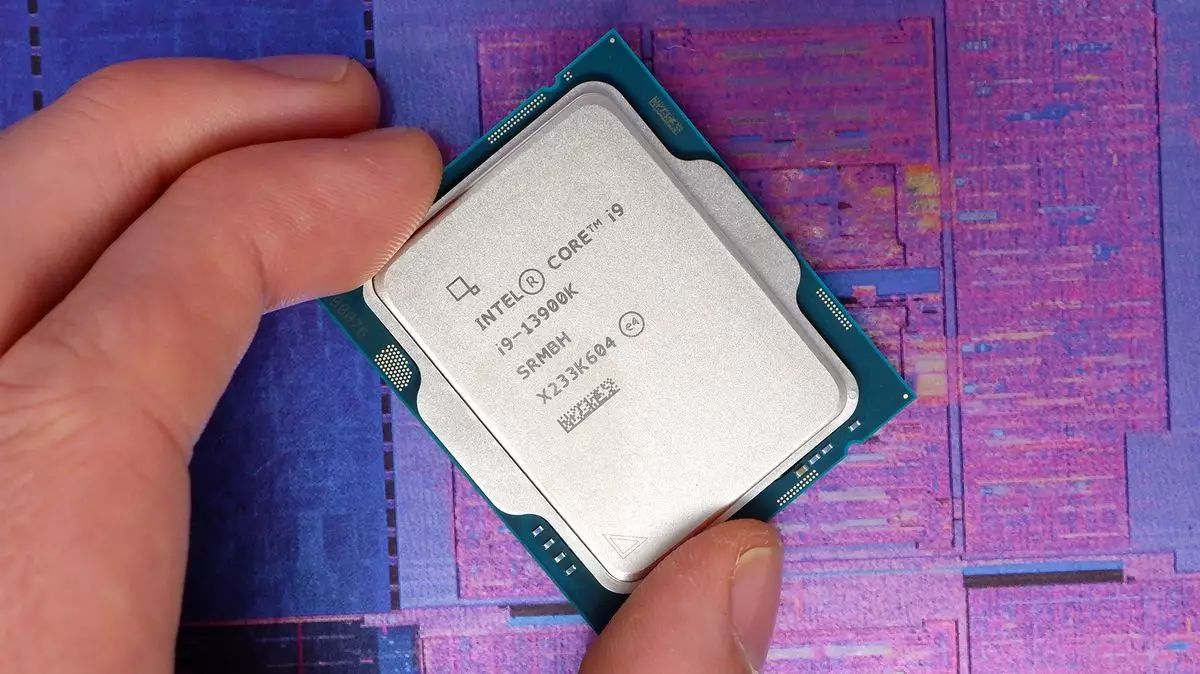It is evident that Intel 13th and 14th Gen CPUs are facing significant stability issues. Game developers, players, and server providers have all reported experiencing crashes and errors when using these processors. Reports indicate that the failure rate for affected CPUs is nearly 100%, raising concerns about the overall reliability of Intel’s latest offerings.
Attempts at Diagnosis and Fixes
Despite numerous attempts to diagnose and address the stability issues, all solutions have fallen short. Intel’s initial response was to recommend changes to power profiles in the UEFI/BIOS, with some manufacturers introducing an Intel Baseline Profile in response. However, subsequent patches and updates have failed to resolve the root cause of the problem, leading to continued instability for users.
While some believed that the issues were related to power or thermal management, further analysis suggests that the problem may be more complex. Data from game crash reports and discussions with datacenter service providers indicate that chip degradation could be a contributing factor. The observed failure rate over time and under consistent loads raises questions about the long-term durability of Intel CPUs.
Despite their impressive clock speeds and gaming performance, Intel Raptor Lake CPUs are failing to deliver on their promise of stability. The high temperatures generated by these processors have been a focal point for gamers, but other factors such as voltage regulation and chip degradation may play a significant role in the overall reliability of these CPUs. Players are left with uncertainty about the longevity of their hardware and the potential risks of system failures.
Moving forward, it is essential for Intel to address the root cause of the stability issues plaguing their 13th and 14th Gen processors. Simply recommending changes to power profiles or releasing patches may not be enough to mitigate the risks posed by chip degradation and other underlying issues. Game developers and users alike are looking to Intel for concrete solutions and assurances about the durability of their products in the long run.
The stability issues facing Intel’s latest CPUs are a cause for concern across the gaming community. The potential impact on gaming performance and the reliability of these processors raises questions about the future of Intel’s offerings. It is crucial for the company to prioritize addressing these issues and providing users with the necessary reassurances about the quality and durability of their products. Otherwise, the trust and confidence of consumers in Intel’s products may be significantly compromised.


Leave a Reply